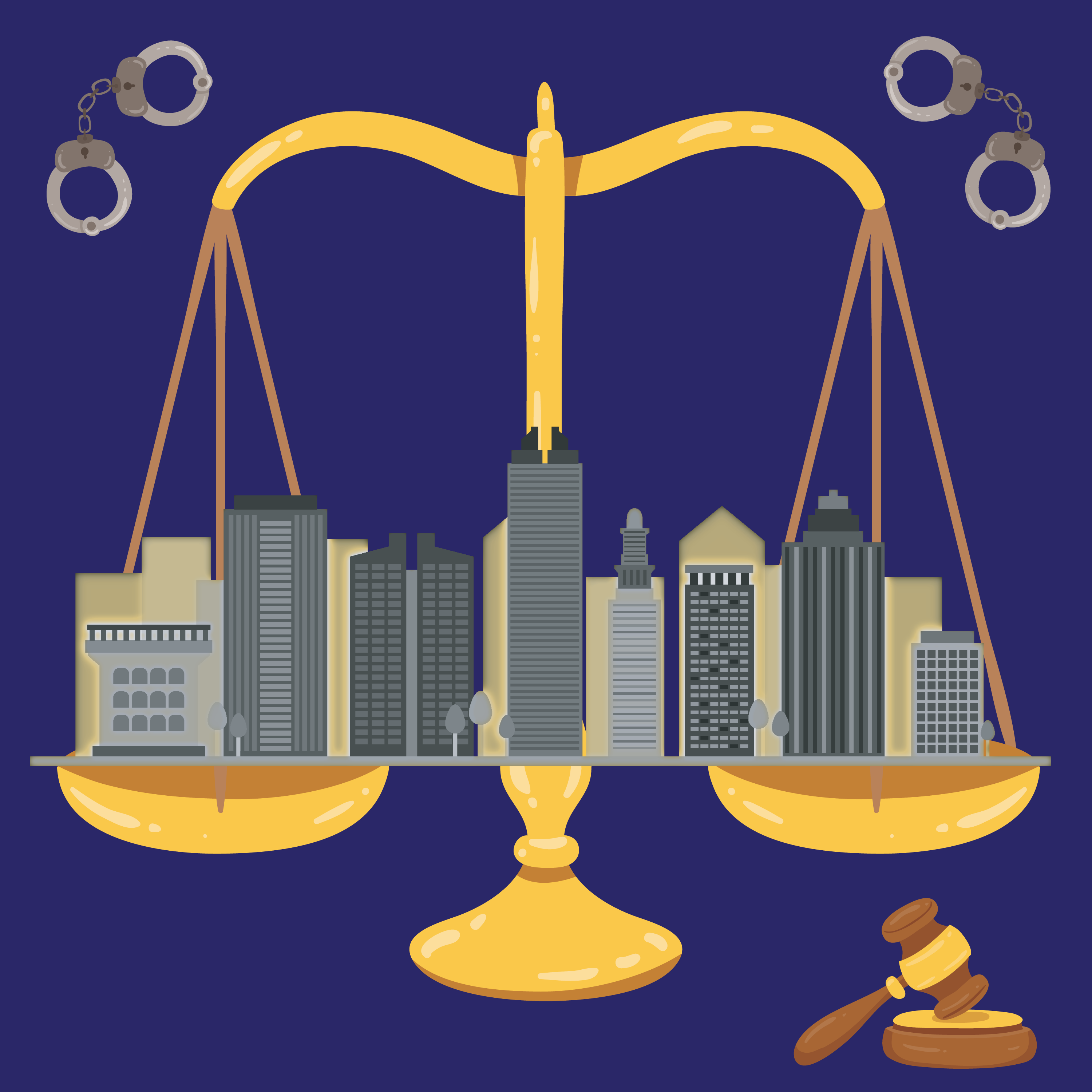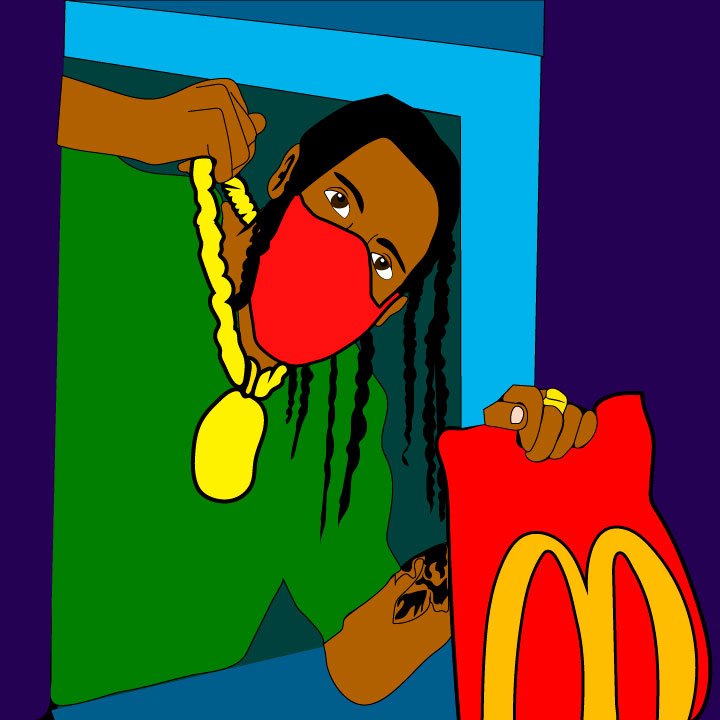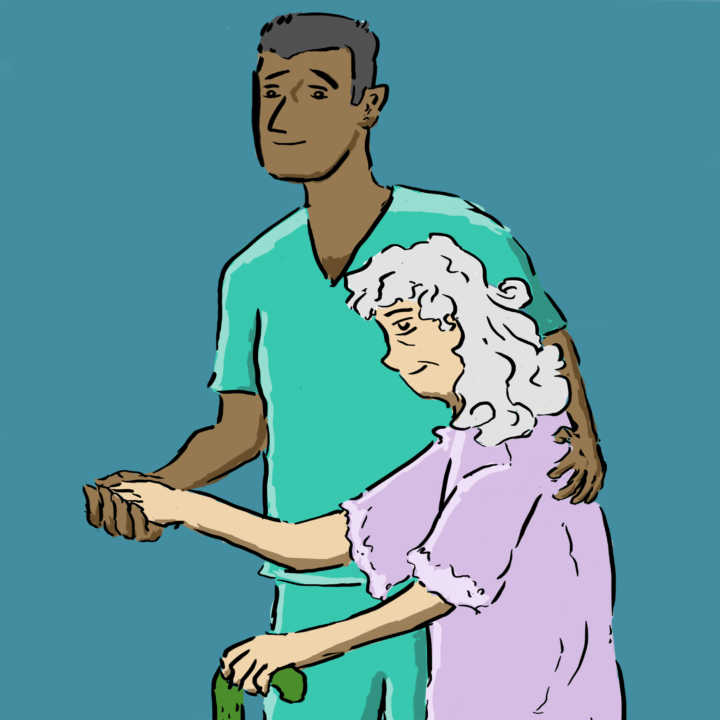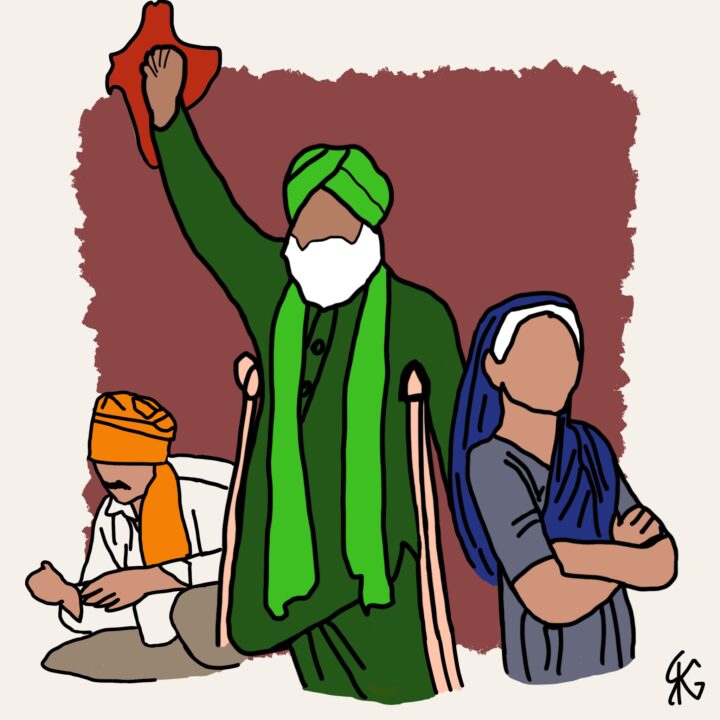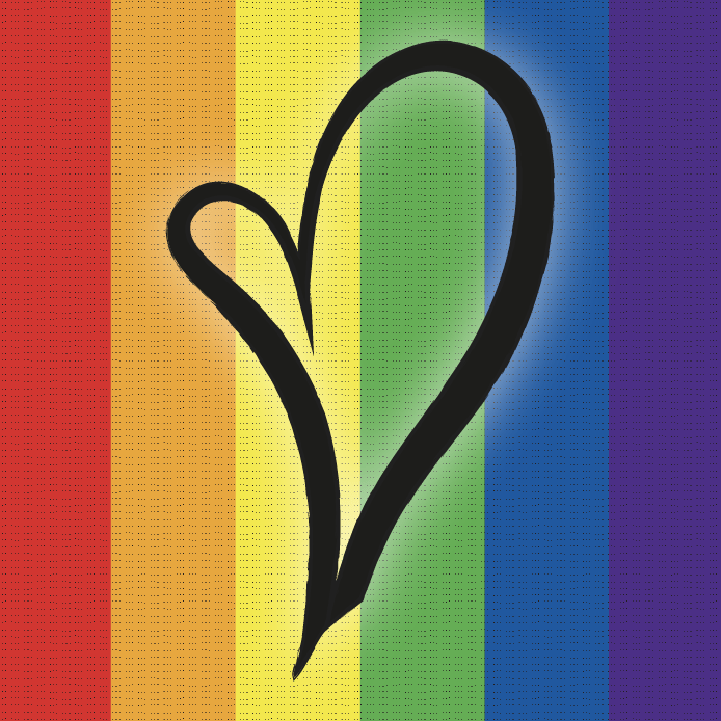By: McKinley Franklin 18-year-old Kyle Rittenhouse is currently on trial for the killing of two men and wounding of another. Rittenhouse’s shooting occurred on the night of August 25, 2020, in Kenosha, Wisconsin at protests that occurred following the police shooting of Black man Jacob Blake. On the night of the shooting, Rittenhouse shot at […]



